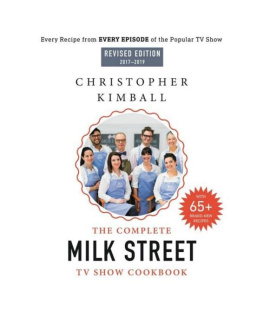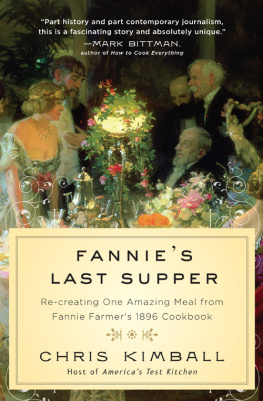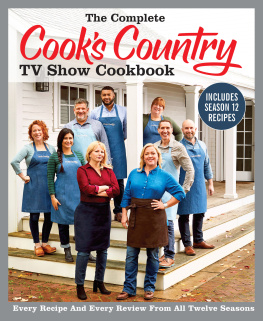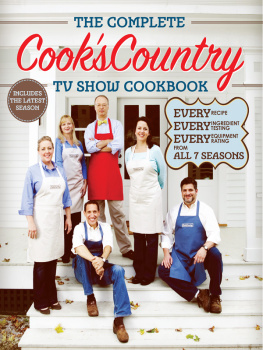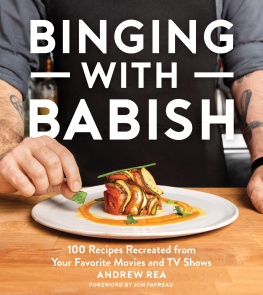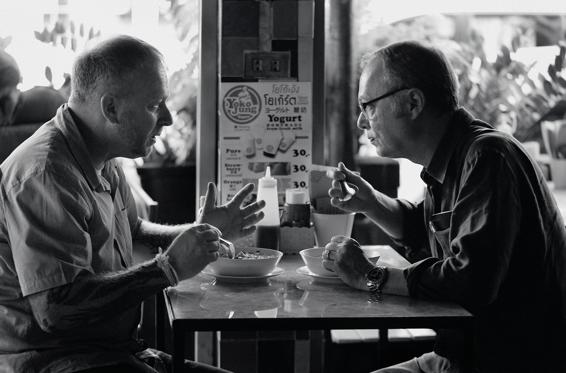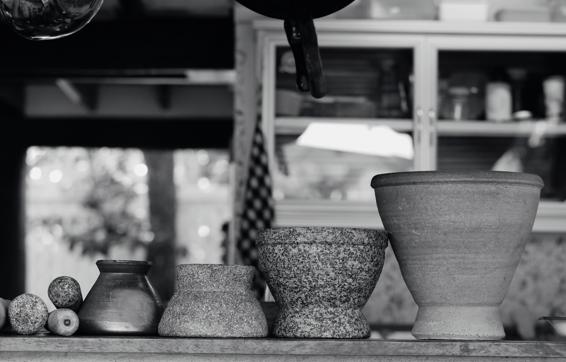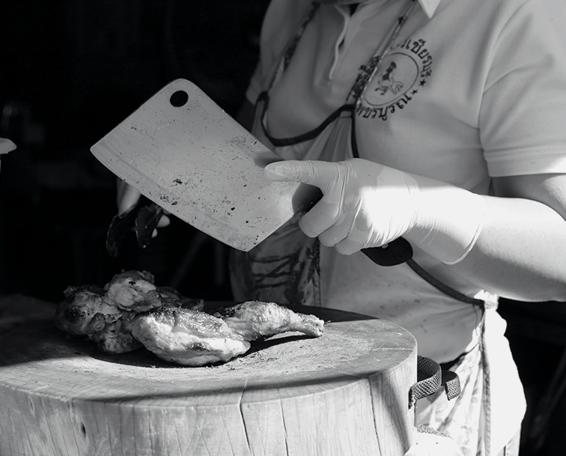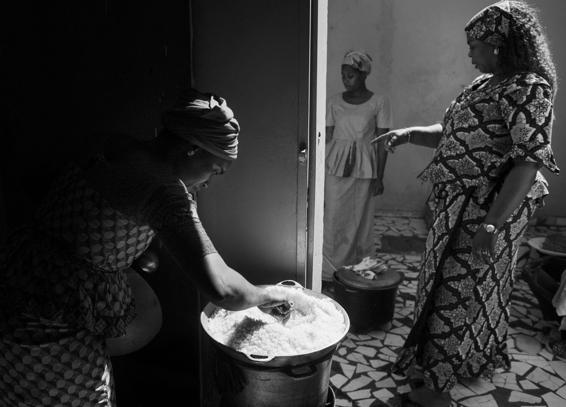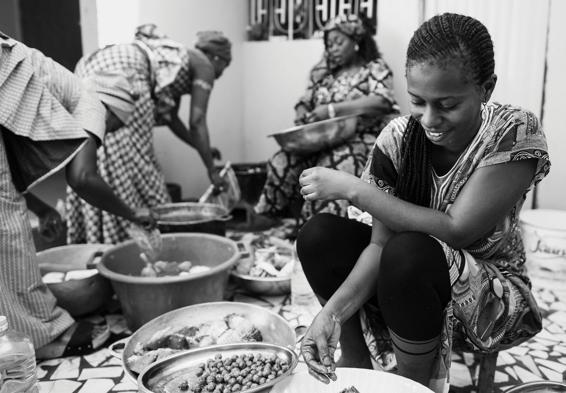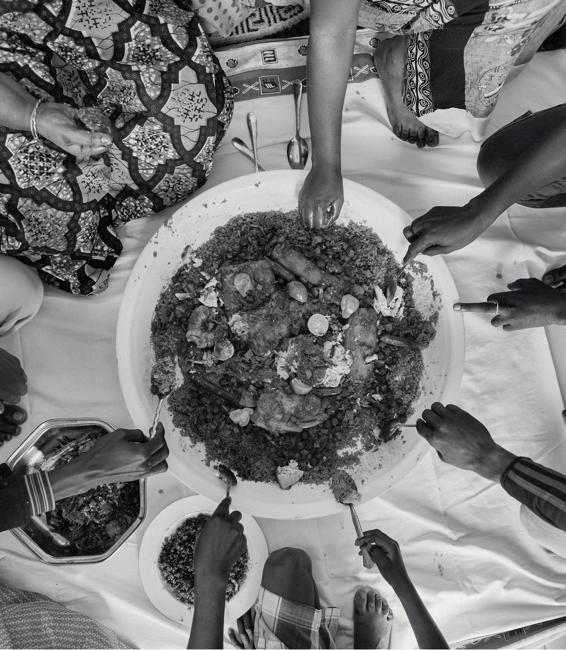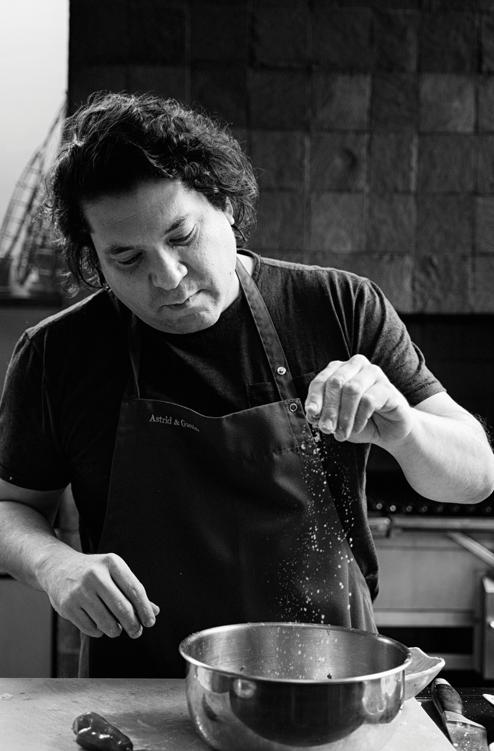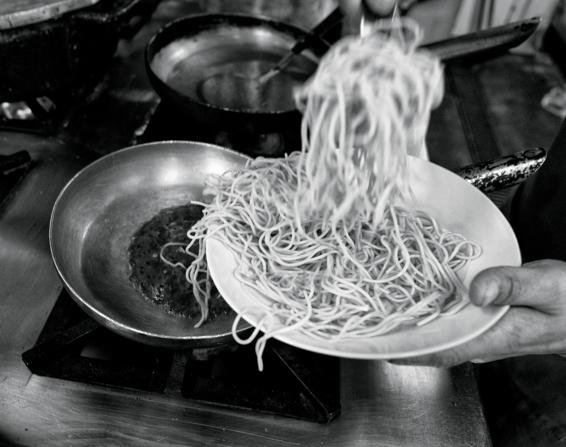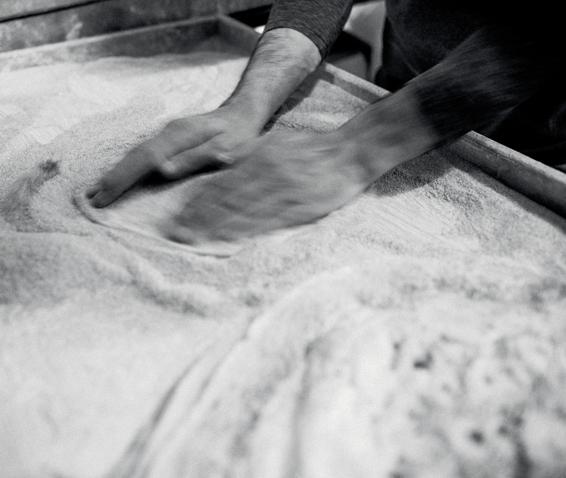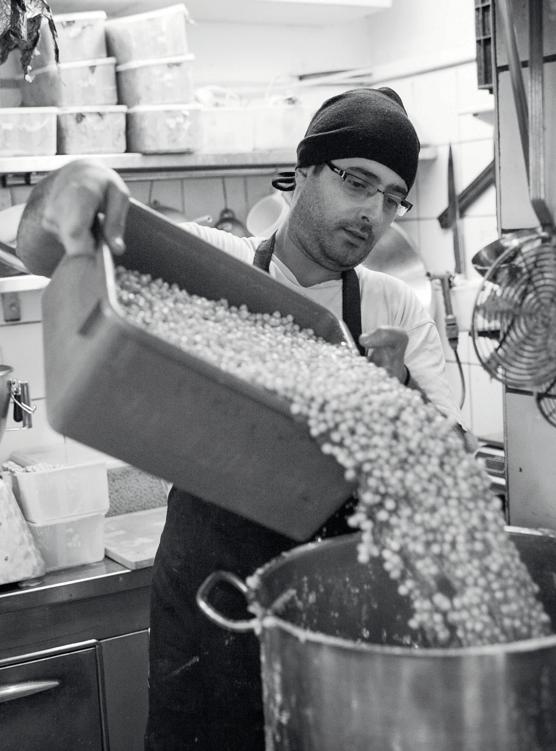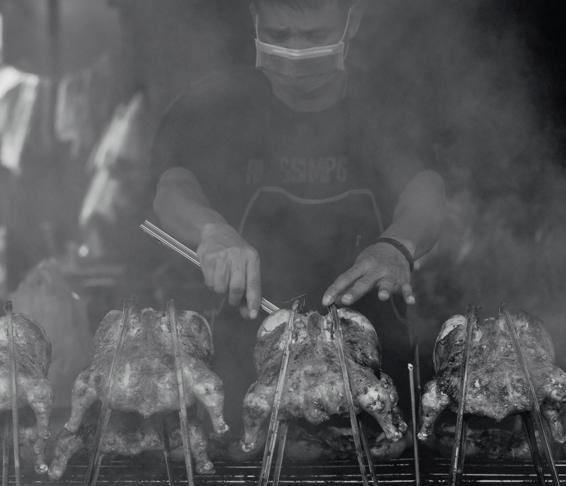Copyright 2018 by CPK Media, LLC.
Cover design by Julianna Lee
Cover photograph Connie Miller of CB Creatives
Cover 2018 Hachette Book Group
Hachette Book Group supports the right to free expression and the value of copyright. The purpose of copyright is to encourage writers and artists to produce the creative works that enrich our culture.
The scanning, uploading, and distribution of this book without permission is a theft of the authors intellectual property. If you would like permission to use material from the book (other than for review purposes), please contact permissions@hbgusa.com. Thank you for your support of the authors rights.
Little, Brown and Company
Hachette Book Group
1290 Avenue of the Americas, New York, NY 10104
littlebrown.com
twitter.com/littlebrown
facebook.com/littlebrownandcompany
Revised ebook edition: October 2018
Little, Brown and Company is a division of Hachette Book Group, Inc. The Little, Brown name and logo are trademarks of Hachette Book Group, Inc.
The publisher is not responsible for websites (or their content) that are not owned by the publisher.
The Hachette Speakers Bureau provides a wide range of authors for speaking events. To find out more, go to hachettespeakersbureau.com or call (866) 376-6591.
Photography Credits: Connie Miller of CB Creatives. Other photography by page: Channing Johnson, .
Styling Credits: Christine Tobin except as noted: Catrine Kelty, .
ISBN 978-0-316-45507-7
E3-20181004-JV-PC
This book is dedicated to the notion that cooking is the universal language of the human spirit.
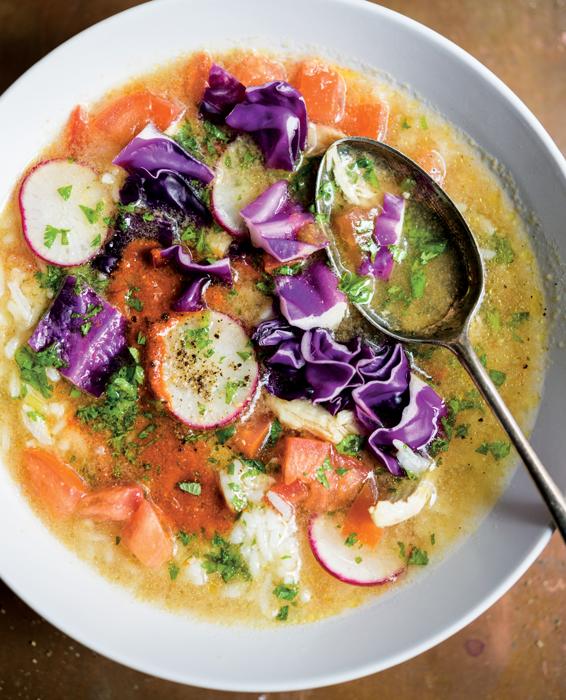

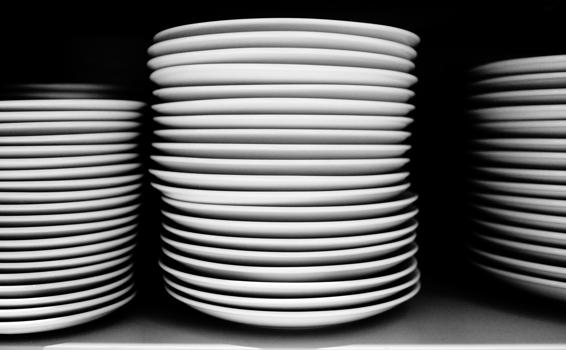
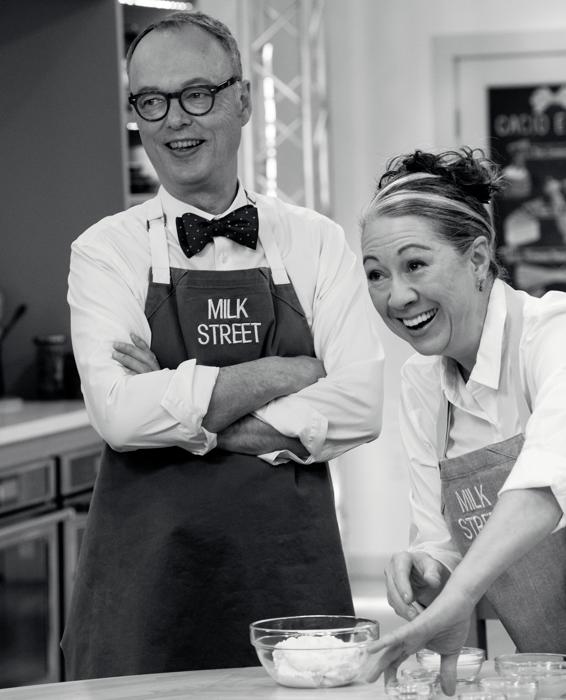
The March Tilne, or Tilene Market, in Dakar, Senegal, is a vast airplane hangar of a place, with light filtering down through the open roof. I walked past long stretches of wooden benches covered with fish, from sardines and the popular thiof (similar to sea bass) to grouper, prawns and large barracuda, one specimen reaching 7 feet. We found a good spot to introduce our episode on the cooking of Senegal, then I did two takes (cameras are not welcome in Dakar, so we did not linger). Then we bought mangoes, oranges, a couple of cheap blue plastic grocery sacks and an assortment of Maggi seasoning cubes on the way out.
The previous afternoon, we cooked the local seafood gumbo and then, after our market visit, we spent the day with Pierre Thiam, a Dakar-born New York chef who prepared a sweet potato/black eyed pea stew, a mango-avocado salad and rice pudding with coconut milk. We also stopped by a cavernous dibi restaurant, where thin slices of beef, liver and chicken are cooked over table braziers, the guests seated around, paying for whatever they eat. The meat is served on used green-lined computer paper along with mustard, hot sauce, grilled onions and powdered spices. Hold the skewer at one end, dip the cooked meat in the condiments, slide the seasoned meat into your mouth.
This book is about that trip and others like it, including Cape Town, Taipei, Armenia, Peru, Columbia, Thailand, Italy, Mexico and dozens of other destinations. We travel the world to spend time with cooks who help us appreciate new ways of thinking about cooking, flavor and the art of eating. Our journeys leave us feeling both humble (how did we live so long without harissa?) and thrilled to discover that the development of flavor in cooking does not have to be a function of time and expertise. Its actually rather simplestart with big flavors and the cooking takes care of itself. With liberal use of spices, herbs, chilies and fermented sauces, anyone can become a good cook virtually overnight.
In this volume, you will find all of the recipes from the first two seasons of Milk Street Television. These are not authentic reproductions of the recipes we enjoyed elsewhere; these are adaptations of those recipes for the American kitchen. We dont call for ingredients you wont find in the supermarket (no smoked catfish in the gumbo, for example) or techniques that make no sense in our homes (no pounding of okra in a 3-foot-high wooden mortar and pestle). We have limited time in the kitchen, as do you, and our batterie-de-cuisine is a bit different than Dakar or Chiang Mai.
But the kitchens we visited in Dakar are not all that different than what you might find in Europe or America. The world is growing smaller and it is time to reach out across the oceans and continents to find better ways to put food on the table. Nothing fancy. No feasts; only suppers. But the world has a lot to teach us about flavor, about combinations of ingredients, even about how to cook an egg.
I hope that you enjoy the television show, as well as this book. Milk Street was founded to change the way we cook. It has already changed mine.
Christopher Kimball
Founder, Christopher Kimballs Milk Street

